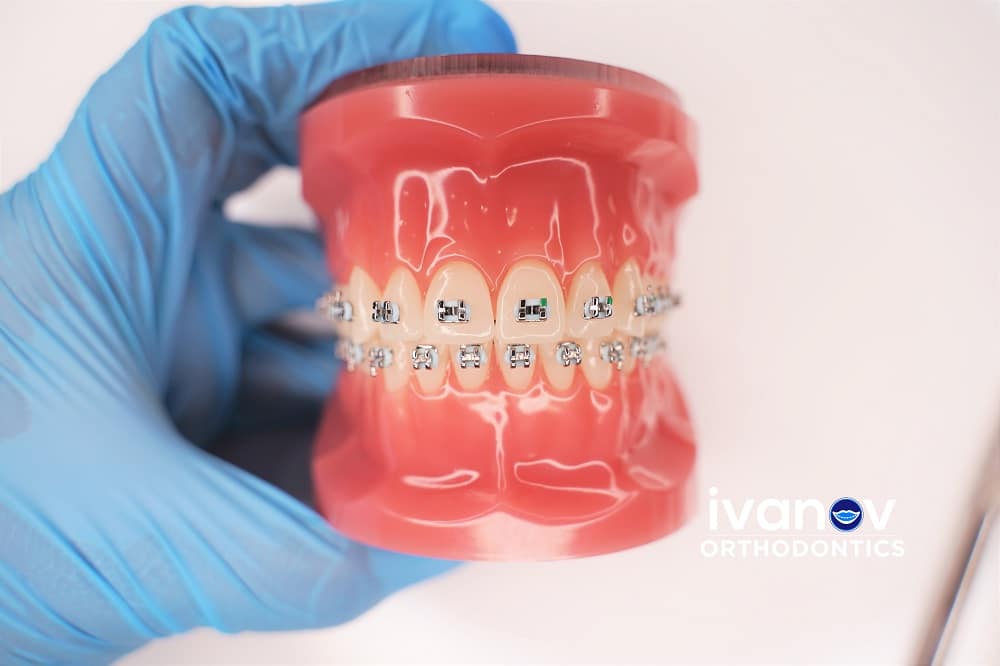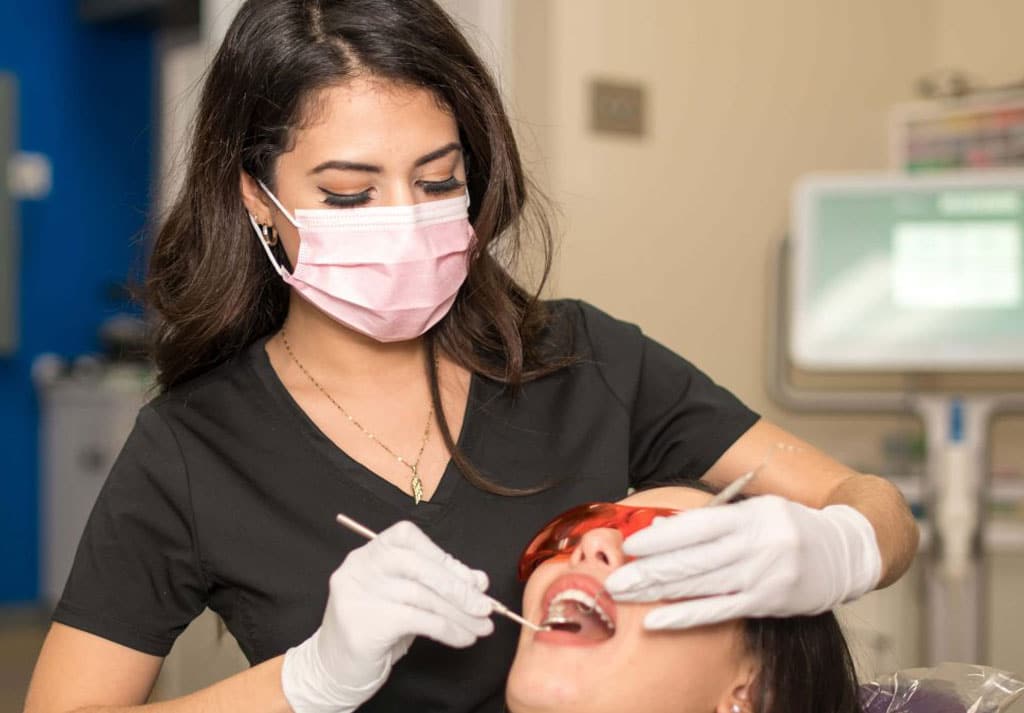Lingual braces function to treat alignment issues by positioning brackets and wires on the teeth and inside the mouth, much like traditional braces do. However, lingual braces miami stand out since they are practically unnoticeable. Dentists place them on the back of the teeth, facing the tongue, instead of the front. Due to this, lingual braces offer a more discrete option for orthodontic patients who don't want to wear traditional braces for a long time. They are increasing in popularity among both children and adults as a result.

How do dentists place lingual braces?Â
According to orthodontics specialists of Florida, using an impression of the patient's teeth, the brackets for lingual braces are made to fit each patient's mouth precisely. They must be fitted onto each tooth to rectify misalignments. To best serve each patient, it is also necessary to customize the cables that connect each bracket.Â
The ideal fit is crucial when placing lingual braces because the brackets and wires are trickier. The orthodontist has significantly less space to work with and has a more challenging time getting to the backs of the teeth. All brackets are cemented on the teeth simultaneously, using a specialized tray to position the lingual braces correctly.
Will lingual braces give you a lisp?Â
Yes is the quick response. Your tongue hits the backs of your teeth as you talk to produce specific sounds. Your speech will be altered when you initially get lingual braces since the brackets are on the back sides of your teeth. According to biscayne park orthodontist, all dental braces have the potential to change your speech patterns temporarily. Still, lingual braces have the potential to change your speech for a month or longer.Â
According to an affordable braces Miami dentist, the type of brackets your orthodontist chooses could affect the severity of your speech problem. Some patients have gotten rid of their lingual lisps using speech treatment methods. However, your tongue will eventually acclimatize to the braces, and your speech should resume.
What are the significant advantages and drawbacks of lingual braces?Â
Benefits
The main advantage of lingual braces for many patients is the ability to be more covert when correcting their teeth. Adults are advised against enduring years in social or professional environments while sporting massive metal braces. All the benefits of metal braces are available to patients with lingual braces, which are less obvious and are hidden under the teeth.

Disadvantages
Using lingual braces may be challenging for patients with a significant or deep overbite. This is due to the risk of brackets affixed to the backs of the teeth coming free due to an overbite being unduly stressed. Your orthodontist can inform you if this will be a problem in your particular circumstance. Speaking may also be hampered by lingual braces, especially as patients adjust to them after the brackets are placed.
ConclusionÂ
The above-provided details and information will help you learn some exciting facts and aspects regarding lingual braces. For more informative facts and updates, please visit ivanovortho.com.Â
Article source : https://www.vetteblog.com/what-do-you-know-about-lingual-braces/